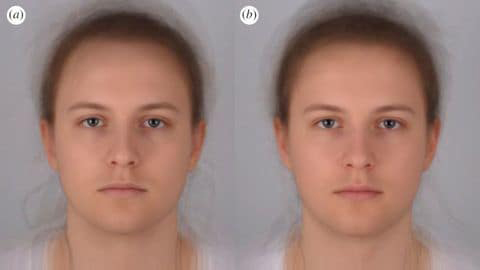The next time a friend tells you that you look sick, hear the person out. We are better than chance at detecting illness in others simply by looking at their faces, according to new research led by a Swedish psychologist.
“We can detect subtle cues related to the skin, eyes and mouth,” said John Axelsson of the Karolinska Institute, who co-wrote the study published Tuesday in the journal Proceedings of the Royal Society B. “And we judge people as sick by those cues.”
He and his colleagues injected eight men and eight women with a molecule found in bacterial membranes. Like animals – from insects to mammals – people react very strongly to this substance, lipopolysaccharide. “People did not really become sick from the bacteria,” Axelsson said, but their bodies did not know the bacteria weren’t actually attacking. Their immune systems kicked into action, complete with feelings of sickness.
The scientists photographed the subjects two hours and 10 minutes after the injection, around the time participants said they felt the most unwell. They also photographed the subjects on a different date after they received a placebo injection of saline solution.
Axelsson and the team asked 60 students recruited from universities in Stockholm to assess the photos. The students looked at the portraits one at a time. A sick face and healthy face from the same individual never appeared consecutively. Observers were given five seconds to look at each photo and identify the person in it as sick or healthy.
The students’ detection of immune responses was somewhat more accurate than sheer chance.
Send questions/comments to the editors.



Success. Please wait for the page to reload. If the page does not reload within 5 seconds, please refresh the page.
Enter your email and password to access comments.
Hi, to comment on stories you must . This profile is in addition to your subscription and website login.
Already have a commenting profile? .
Invalid username/password.
Please check your email to confirm and complete your registration.
Only subscribers are eligible to post comments. Please subscribe or login first for digital access. Here’s why.
Use the form below to reset your password. When you've submitted your account email, we will send an email with a reset code.